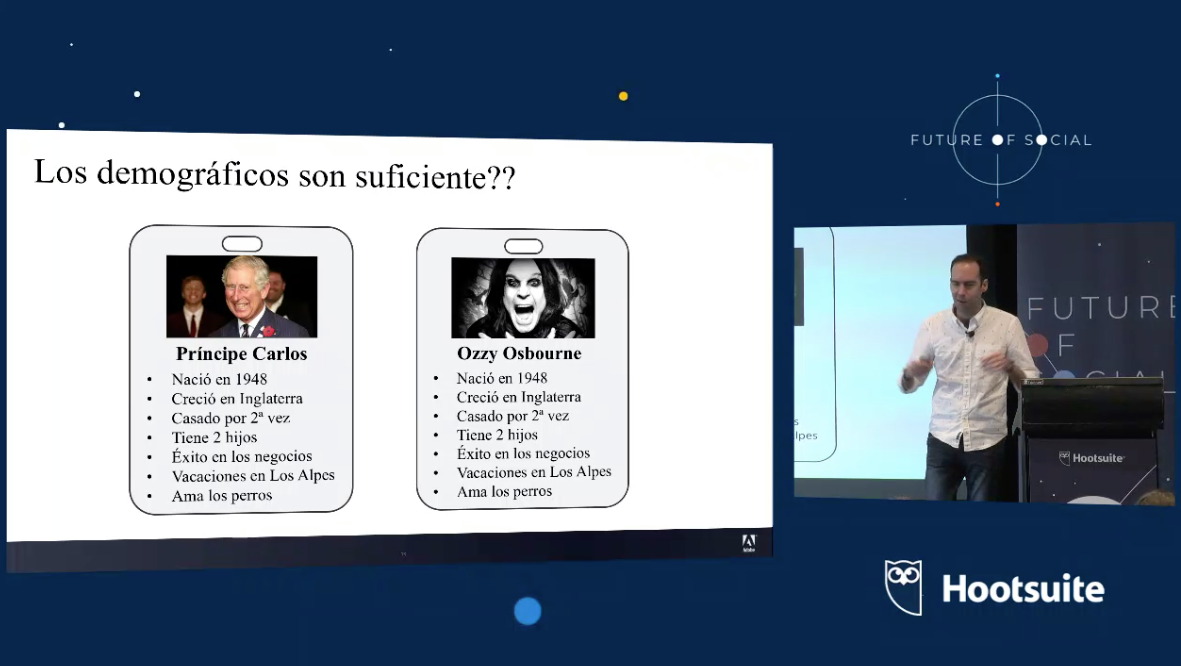Keyword research and optimization: Identifying relevant keywords and incorporating them strategically throughout the website to improve search engine rankings.
Content creation and optimization: Developing high-quality, engaging content that aligns with target audience needs and includes relevant keywords for SEO purposes.
On-page optimization: Optimizing website structure, meta tags, headings, and internal linking to enhance search engine visibility and user experience.
Link building: Acquiring authoritative and relevant backlinks to improve website credibility and organic search rankings.
Technical SEO: Conducting website audits, optimizing site speed, mobile responsiveness, and resolving any technical issues that may affect search engine crawling and indexing.
Local SEO: Implementing strategies to improve visibility in local search results, such as optimizing Google My Business, managing online reviews, and ensuring consistent NAP (name, address, phone number) information across directories. Analytics and reporting: Monitoring website performance using tools like Google Analytics, providing data-driven insights, and generating regular reports to track progress and make data-backed decisions. Conversion rate optimization: Analyzing user behavior, conducting A/B testing, and making necessary changes to improve the website's conversion rate. Social media integration: Integrating social media platforms into the website, creating shareable content, and implementing social sharing buttons to enhance social engagement and reach.
By continuing to engage in these marketing services, a CMO can help a website achieve higher search engine rankings, increase organic traffic, and improve overall online visibility. Additionally, the CMO can provide strategic guidance on digital marketing campaigns, paid advertising strategies, and social media marketing tactics to enhance the website's reach and impact further. By leveraging their expertise in SEO and digital marketing, the CMO can contribute to the website's success and meet its marketing goals. Some additional marketing services that a CMO can offer for a website with an SEO focus include:
Paid search advertising: Setting up and managing pay-per-click (PPC) campaigns to drive targeted traffic to the website.
Content marketing: Developing and implementing a content strategy that includes blog posts, articles, infographics, and other forms of content to attract and engage the target audience.
Email marketing: Creating and executing email campaigns to nurture leads and drive conversions.
Social media advertising: Running targeted ads on platforms like Facebook, Instagram, and Twitter to reach a wider audience and continue to engage with potential customers.
Conversion rate optimization: Analyzing user behavior, conducting A/B testing, and making necessary changes to improve the website's conversion rate.
Remarketing: Implementing strategies to target and retarget users who have previously visited the website, increasing brand awareness and driving conversions.
Mobile optimization: Ensuring the website is mobile-friendly and optimized for mobile search, as more and more users are accessing websites through mobile devices.
Competitor analysis: Conduct research on competitors' SEO strategies and identify opportunities for improvement.




